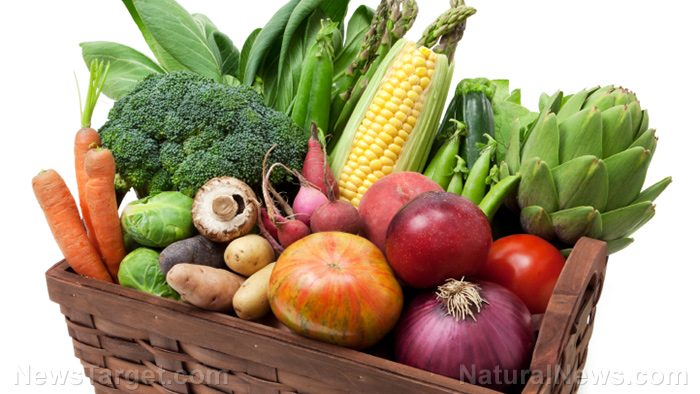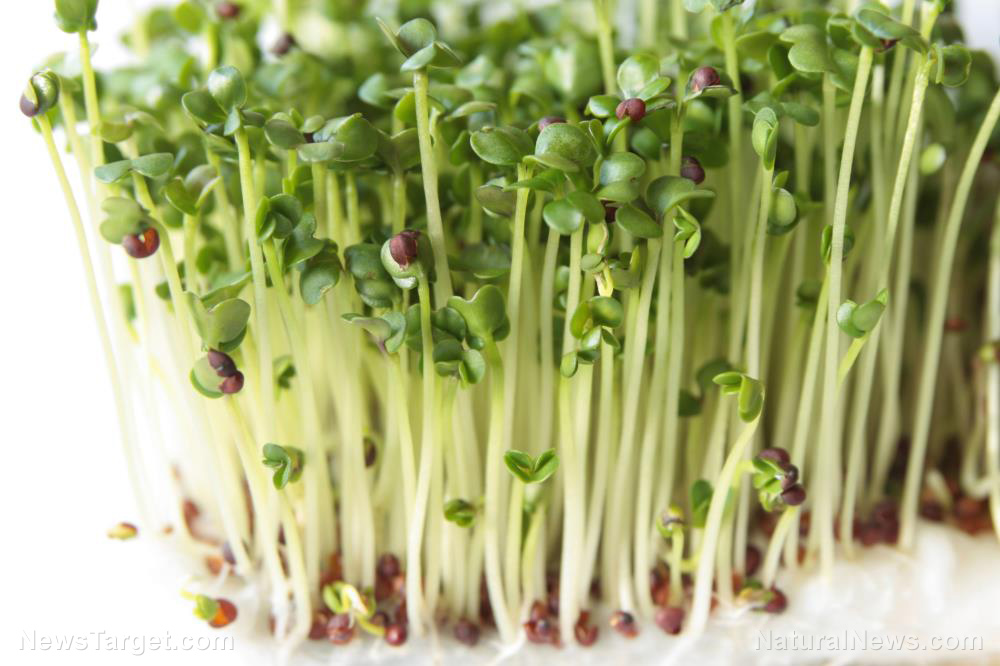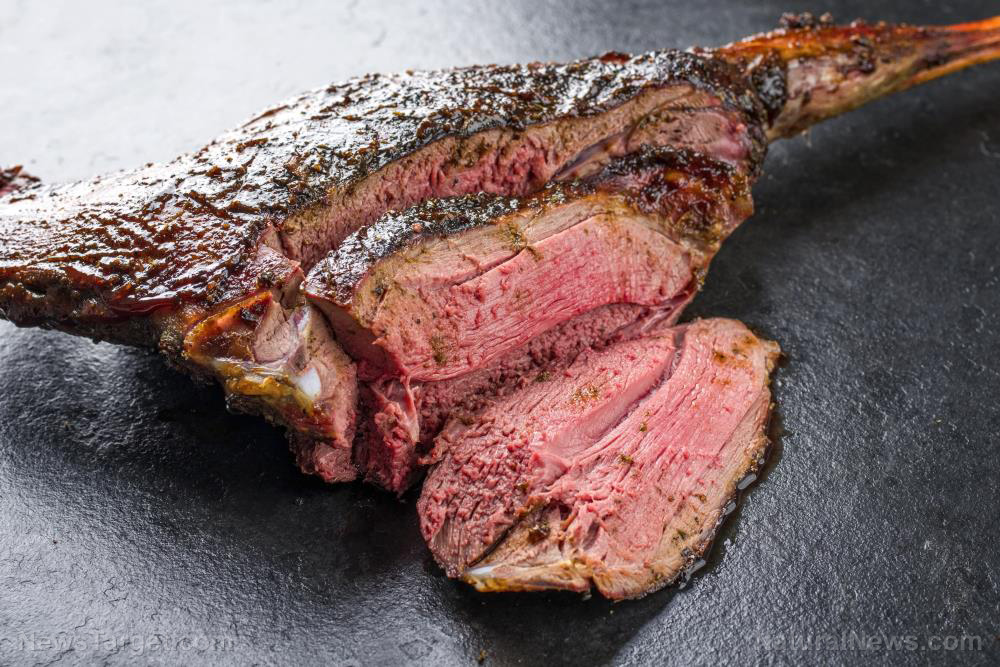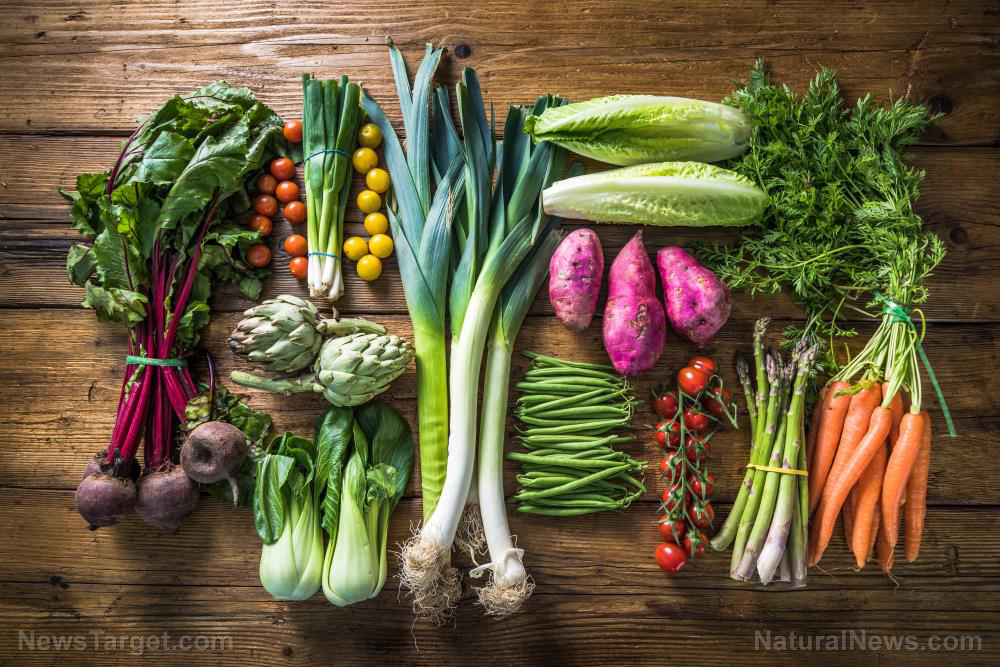Prevent hypertension by following a vegetable-rich diet
01/28/2019 / By Ralph Flores

The phrase “eat your vegetables” gets a bad rap. In fact, a lot of people even use it when doing an unpleasant yet necessary task.
For researchers at National Taiwan University, however, eating a vegetable-rich diet is sage advice — especially for those looking to avoid hypertension. In their study, which appeared in the Journal of Hypertension, they found that a diet full of vegetables significantly lowers the risk of hypertension, including systemic inflammation, abdominal obesity, and even insulin resistance — all of which are precursors to chronic diseases like diabetes and cardiovascular disease.
In the study, the team followed over 4,000 healthy adults in a cohort to determine the link between a vegetarian diet and hypertension. Among the participants of the study, at least two in 10 people were vegetarians. Their data was compared to that of non-vegetarians; in particular, biomarkers for hypertension were observed and analyzed.
Based on the results, those who ate a vegetarian diet had lowered their risk of hypertension by over a third, compared to those who weren’t vegetarian. In addition, other biomarkers from chronic diseases were reduced, which meant that their chances of being obese or developing insulin resistance were also less than non-vegetarians.
“Vegetarian diets may protect against hypertension beyond lower abdominal obesity, inflammation, and insulin resistance,” the researchers concluded in their report. (Related: Vegetarian diet again shown to lower all-cause risk of death, especially in men.)
A bevy of benefits with vegetables on your plate
A vegetarian diet may look daunting at first, but studies have shown that it can reduce the risk of obesity, Type 2 diabetes, heart disease, and even certain types of cancer. It’s also been linked to longer life expectancy and weight loss.
For one, a vegetarian diet can help a person shed pounds easier. A study in the International Journal of Obesity found that vegetarians, together with fish eaters and vegans, had a lower body mass index (BMI) compared to those who ate meat.
Those who eat a vegetarian diet also have better cholesterol levels. In a clinical trial, people who ate a diet that consisted of high-fiber foods like oats and plant-based sterols found their LDL (or low-density lipoprotein) levels drop by almost 30 percent afterward. According to the researchers, the result was similar to that exhibited by lovastatin, a prescription drug for managing cholesterol levels.
People who are at risk of cancer could also greatly benefit from a vegetarian diet. Multiple studies have shown that people who regularly eat a vegetarian diet are less likely to develop cancer over those who eat meat.
It’s also worth noting that a lot of vegetarian foods are low in saturated fats — which animal-based foods tend to have a lot of — but high in fiber. When planned appropriately, this type of diet can provide a person with multiple health benefits — no matter their age.
Indeed, a vegetarian diet provides multiple benefits, but it’s important to actively plan which foods to eat, as certain nutrients might be lacking in the diet. For instance, those who do not eat fish or dairy products may find themselves low on iron, calcium, vitamins D and B12, zinc, and protein. Some alternatives include the following:
- Iron — Beans and lentils, dried fruit, broccoli, and sea vegetables are great sources of iron. Eat these with vitamin C-rich foods like lemons to help the body better absorb the nutrient.
- Calcium — While these can be found in milk and yogurt, those who avoid dairy products could consume tofu and soy, green leafy vegetables and figs.
- Vitamin D — Those who avoid eating fish should get more sun as it helps with the synthesis of vitamin D.
- Protein — Soy, nuts, seeds, and pulses can provide a person with a good amount of protein.
- Zinc — Eating more dried beans, nuts, and soy products are essential to getting this mineral.
Of course, a vegetarian diet won’t help a person achieve better health on its own. Healthy food choices — especially avoiding junk food and processed food — combined with an active lifestyle is the key to having better overall health, especially in the long run.
Learn more about vegetarian diets at Veggie.news.
Sources include:
Submit a correction >>
Tagged Under:
blood pressure, chronic diseases, fightobesity, Heart, heart health, hypertension, longevity, natural remedies, prevent disease, vegetables, vegetarian diet
This article may contain statements that reflect the opinion of the author
RECENT NEWS & ARTICLES
COPYRIGHT © 2017 VEGGIE NEWS





















